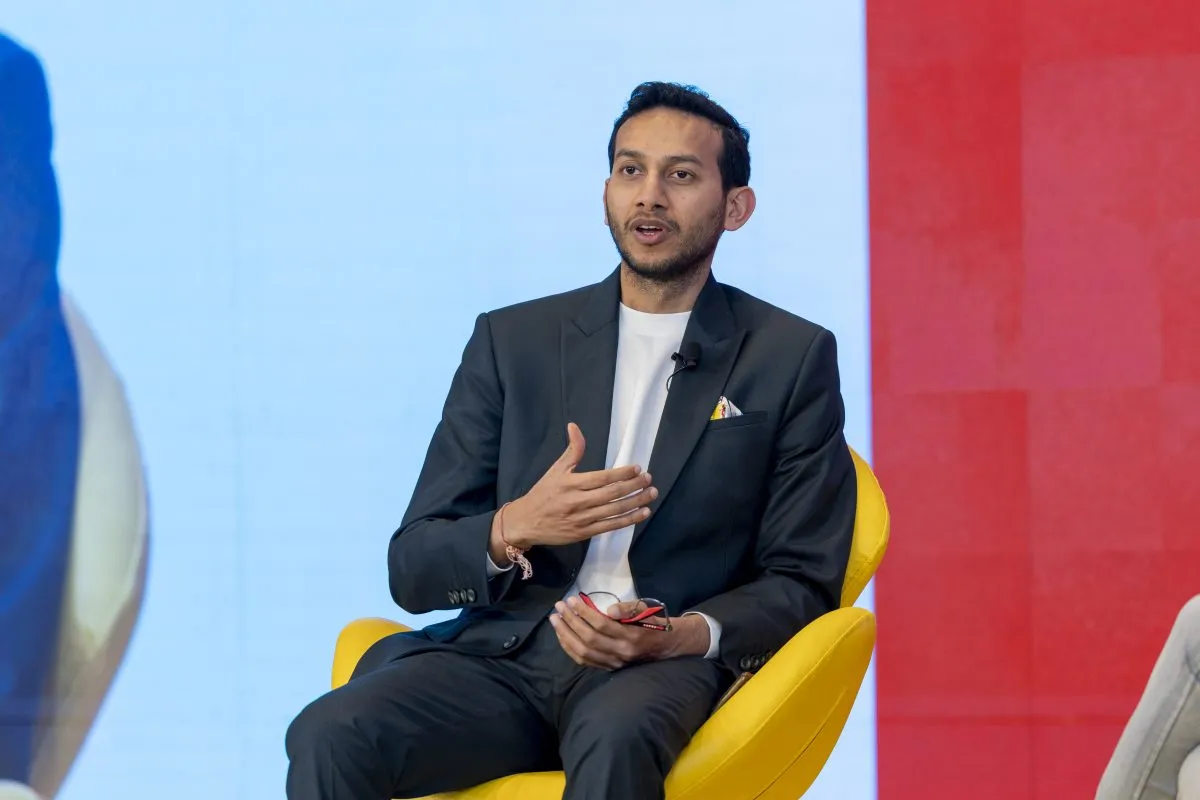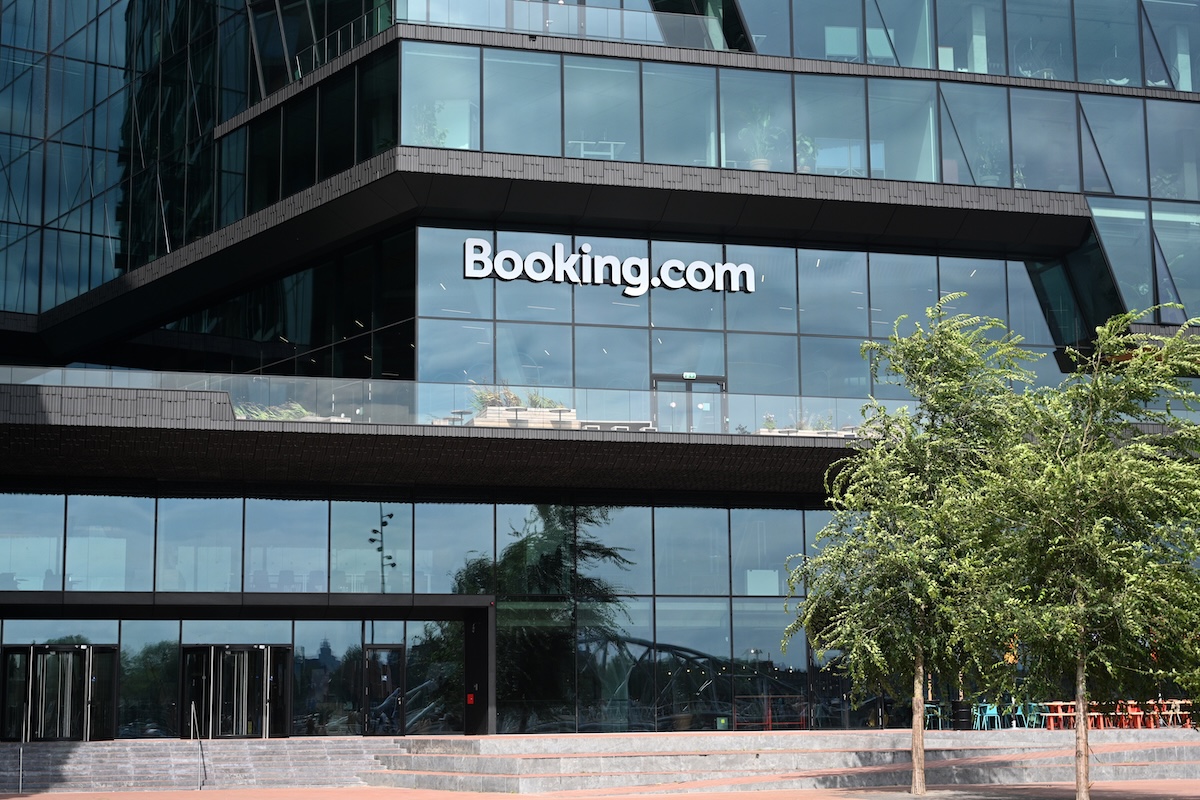SeaWorld Blames Attendance Woes on Homebound Brazilians

Skift Take
SeaWorld Entertainment CEO Joel Manby had already described the brutal impact of Brazil's economic crisis and a slowdown in Orlando tourism during an earnings call Thursday when an analyst brought up the latest hot-button issues: Brexit and Zika.
"The hits just keep on coming," Manby said, sounding like he almost couldn't believe all the bad luck.
He joined the company in 2015 after years of controversy over SeaWorld's handling of orcas in captivity, brought to a head by the critical documentary "Blackfish" in 2013. After making leadership changes, he announced in March that SeaWorld would end its orca breeding program and change the famous (and infamous) killer whale shows into more natural "encounters." Social media mentions turned positive for the first time since Manby arrived, he said, and favorable sentiments are continuing to grow.
Public opinion aside, by most other measures the second quarter was very bad for the company. Attendance plunged by 494,000 people, a 7.6 percent decline. Of that total, visitors from Latin America dropped off by roughly 127,000 — a bigger hit than expected.
"We are being hurt worse than we thought we would be in Brazil," Manby said.
Revenues for the second quarter dipped 5 percent to $371 million. Net income rose from $5.8 million in 2015 to $17.8 million this year, but the company lowered its full-year earnings forecast.
Chief financial officer Peter Crage said SeaWorld is assuming that Latin American attendance will drop between 450,000-500,000 for all of 2016, leading to a revenue shortfall of $34 million to $38 million.
Shares fell 13 percent to $12.91 Thursday.
"This turnaround will take some time and will be a bit bumpy, but we have a very clear understanding of the challenges we face," Manby said. In an answer to an analyst's question about discounting in Orlando, he also pointed out that the challenges are not SeaWorld's alone when it comes to Central Florida.
"Frankly, Universal lifted blackout dates, Disney was offering Florida residents discounts earlier than they ever have," Manby said. "We saw Legoland have kids free. All competitors in the market are being very aggressive, so we thought we had to stay that way proactively and I think it's working."
Rather than chase the Latin American tourists who once flooded Orlando's attractions, Manby said the company is focusing on potential visitors who live within a reasonable drive of the Florida parks, which include SeaWorld, Busch Gardens in Tampa and water parks in Orlando and Tampa.
"We made the strategic decision instead of putting good money after bad in our opinion, we actually shifted dollars to focus on the 300 mile and in domestic audience, local audience and we have seen tremendous improvements there," he said.
July brought higher year-over-year attendance in Florida's main parks, both of which opened new roller coasters. The number of visitors from local and drive-in markets increased between 5 and 15 percent, depending on the park, Manby said.
The news was slightly better at properties in Texas and California for the first six months of the year. Revenue in California was down 2 percent for the first half, better than the same time in 2015. And revenues in Texas increased 2 percent through June compared to a 17 percent decline for the first half of last year. The company also has attractions in Virginia and Pennsylvania for a total of 12 parks nationwide.
"We see our parks in California and Texas improving, and shown without the Latin America issue, the capital invested in Florida appears to be delivering on our strategy," Manby said.
As for the hits that kept on coming — Brexit and Zika — Manby acknowledged both could be problematic. Despite the plunge of the British pound after the UK vote to leave the European Union in late June, he said there was no impact yet.
"We are very focused on doing what we can to minimize that risk," Manby said.
The company is working "very, very closely" with authorities in Florida to implement any recommendations about preventing the spread of Zika. More than a dozen people have been infected from mosquito bites in a Miami neighborhood, but no cases have been traced to Orlando.
"Could it impact us? Yes, but we're doing everything we can to make sure we're on top of it," Manby said. "The whole industry in Orlando does an incredibly good job of mosquito abatement, and so we think we can keep it to a minimum."




